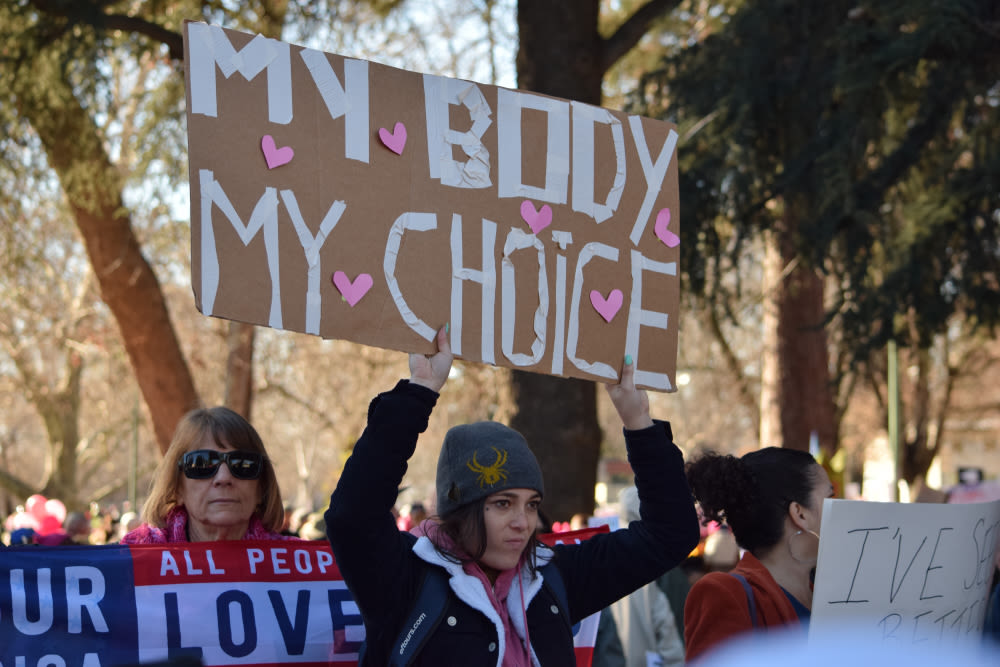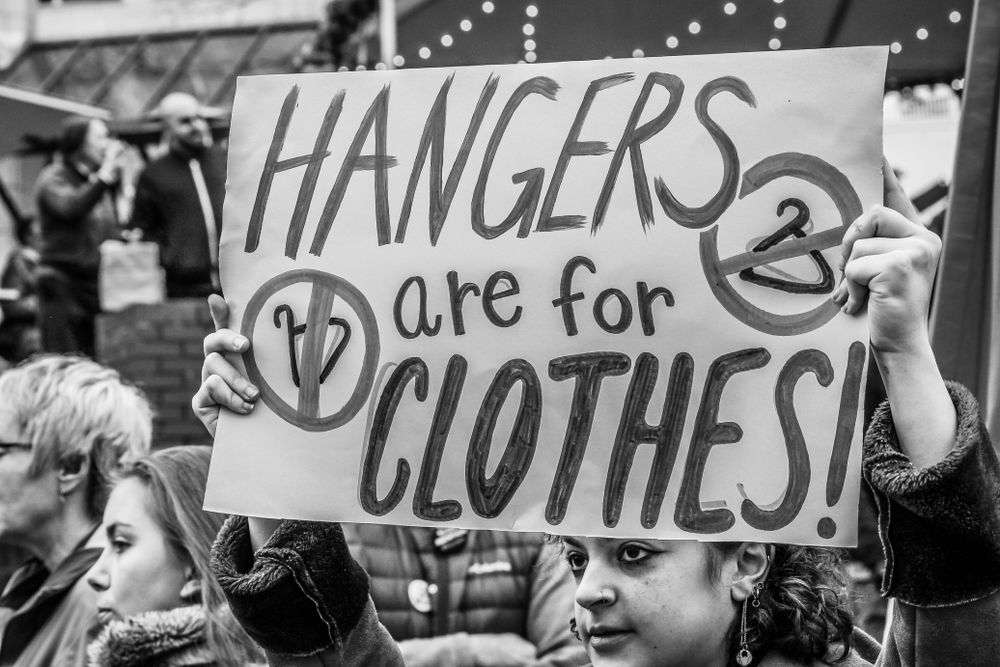Oregon Clinics Are Bracing for the Supreme Court's Ruling on Roe v. Wade

The fight over reproductive rights playing out in the Supreme Court right now could eventually bring more women seeking services to Oregon clinics.
Image: Lorraine M./Shutterstock
Should the U.S. Supreme Court decide to overturn Roe v. Wade, as seems a distinct possibility after this week’s emotionally fraught deliberations, Oregon reproductive care providers could see themselves deluged by women from the Midwest and South, in need of an abortion and seeking a safe haven.
Under the Reproductive Health Equity Act, signed by Gov. Kate Brown in 2017, the right to abortion care is enshrined into state law here; insurers are required to cover the costs of abortion care, as well as contraception, vasectomies, and pre- and post- natal care. That doesn’t mean that there isn’t a future where that could change—should a majority of anti-abortion-rights lawmakers be elected, they could revisit this—but given state electoral maps that give a distinct edge to Democrats for at least the next 10 years, that doesn’t seem likely.
That’s left the state’s abortion care providers thinking about how to absorb women coming for their services, not just from the Pacific Northwest, but beyond. Portland Monthly talked with Dr. Charlie Browne of downtown’s The Lilith Clinic, to hear more about what’s ahead.
Portland Monthly: What do this week’s deliberations at the Supreme Court mean for us here in Oregon, which is a state that is strongly pro-choice and pro-women's rights?
Browne: Oregon is the only state in the nation with no additional legislative restrictions on abortion. So it is in a good place to keep abortion legal and accessible, even in the worst case scenario if there was a overturn of Roe vs. Wade.
Portland Monthly: Should that worst case scenario happen, do you expect that we would begin to see people traveling here for the purpose of getting an abortion?
Browne: Undoubtedly. We've already seen that. We've seen that with Texas, we've seen that when there was a six-week ban in Alabama, we've seen that whenever state legislation is being discussed. People get very fearful and will start to travel so that they can seek services elsewhere.
Portland Monthly: Do you think that here in Oregon, and maybe in Portland in particular, we have the infrastructure to support this influx?
Browne: Honestly, no, not currently. Because you're talking about essentially removing the center part of the country, and maybe more than half of the folks who actually seek abortion services. It would be overly optimistic for me to say that we can absorb that. But we could do things would go a long way in terms of being able to accommodate most of those patients. People who are much smarter than I am have been meeting for a couple of years trying to devise mechanisms to shuttle people who will need those services into locations where they will be able to get them. Those discussions are going to continue.
Portland Monthly: The case at issue in the Supreme Court centers on Mississippi, which would ban abortion after 15 weeks of pregnancy. At your clinic, you provide care until 22 weeks. Can you tell us more about Mississippi’s cut-off and why it’s a concern?
Browne: The vast majority of abortions occur in the first trimester. After 20 weeks, there's a percentage of patients who seek care at that gestation and many are doing so for abnormalities that were just diagnosed in their second trimester. It is very important for us to preserve care for those patients who need it.




